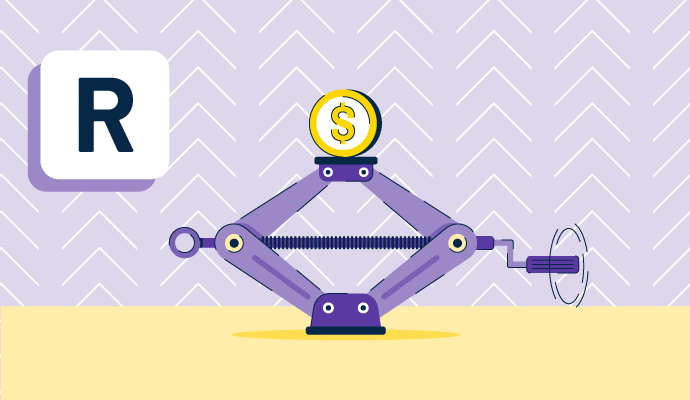What is revaluation?
A revaluation is an upward adjustment in a country’s exchange rate relative to a chosen baseline, such as a foreign currency. Governments and other monetary authorities can revalue their country’s currency. Revaluations force adjustments upward, whereas a devaluation causes a downward adjustment in the exchange rate.
Businesses use foreign exchange software to buy and manage foreign currencies, which automatically updates exchange rates.
How revaluation works
Revaluation occurs in the fixed exchange rate and floating exchange rate systems. Within these systems, the revaluation process differs slightly.
Governments or central banks control the country’s official currency exchange rate in a fixed exchange rate regime. When revaluation (or devaluation) occurs, only the country’s government or central bank can adjust the currency's value.
Revaluations in floating exchange rate systems may occur more regularly, as currency prices are set based on supply and demand relative to other countries and changing conditions. Events like changing interest rates between countries, large-scale economic affairs, and leadership changes can trigger revaluations in floating systems.
Effects of revaluation
Revaluation affects foreign imports and exports, as well as the valuation of assets held by foreign companies.
When a revaluation happens, foreign goods in foreign countries become less expensive to domestic importers. At the same time, exporting goods becomes more costly to foreign importers, so domestic exporters typically experience a decline following a revaluation.
Additionally, revaluations increase the currency's value and the valuation of all assets in that currency that other foreign companies hold. If the exchange rate between countries and their currencies changes, book values may need to be adjusted to reflect the difference in the exchange rate.
Is revaluation good or bad?
For the country that does a revaluation, it’s typically considered a good thing since it increases the value of the country’s currency. However, a revaluation can be a bad thing for other countries since the improvement in one currency means a decline in others.
Changes in currency values across countries impact imports and exports, so while a revaluation may be good for one country, it can negatively affect others.
Revaluation vs. devaluation
Revaluation and devaluation change the value of a currency in comparison to other foreign currencies. Revaluation is an upward adjustment in the value of the currency. Devaluation is a downward adjustment in the value of the currency.

Alyssa Towns
Alyssa Towns works in communications and change management and is a freelance writer for G2. She mainly writes SaaS, productivity, and career-adjacent content. In her spare time, Alyssa is either enjoying a new restaurant with her husband, playing with her Bengal cats Yeti and Yowie, adventuring outdoors, or reading a book from her TBR list.

















